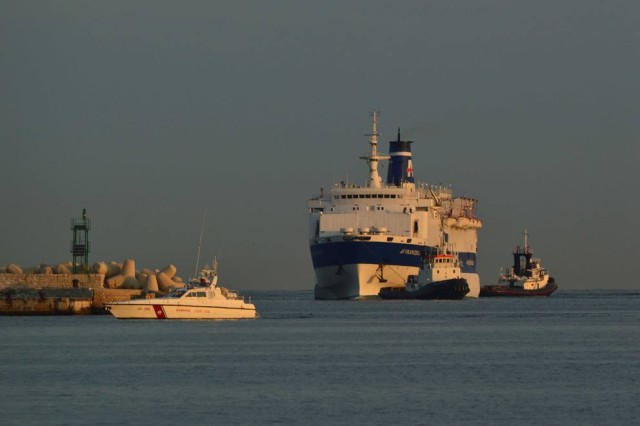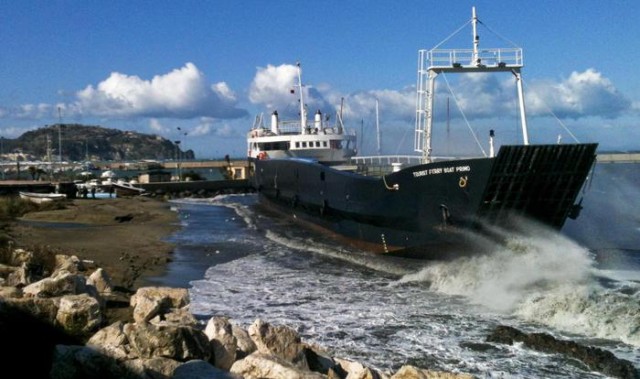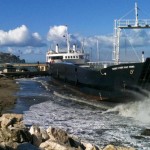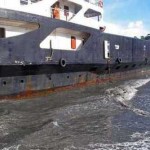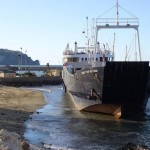AF Marina
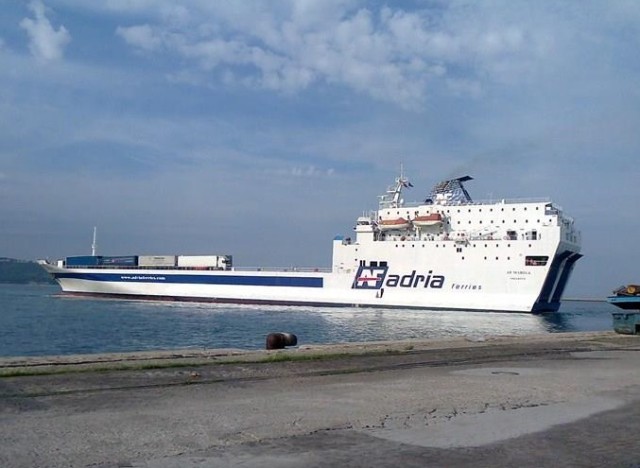
The 170 meter long, 6,550 dwt ro-ro passenger ferry AF Marina became disabled off Ancona, Italy. The ferry had departed from Ancona bound for Durres, Albania when it suffered engine failure a few meters from port. The crew were unable to restart the engines and the vessel requested assistance. The AF Marina was towed back to port and was inspected by authorities. No reports of injuries, damage or pollution released. The 527 passengers and their vehicles were transferred to another ferry.
